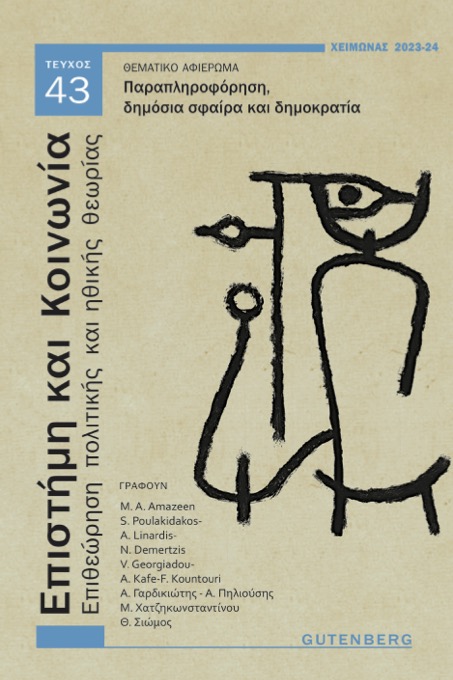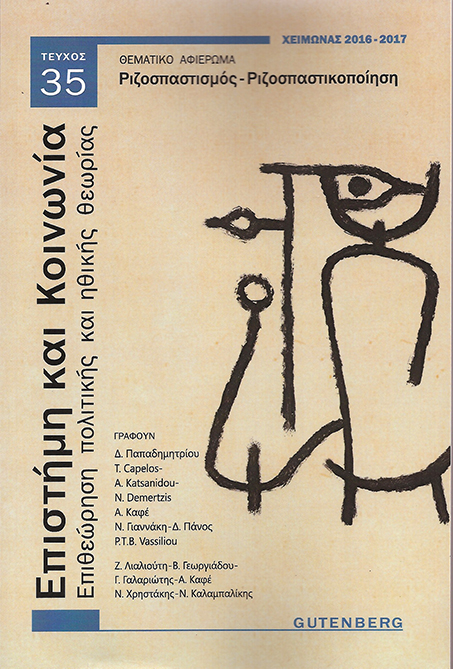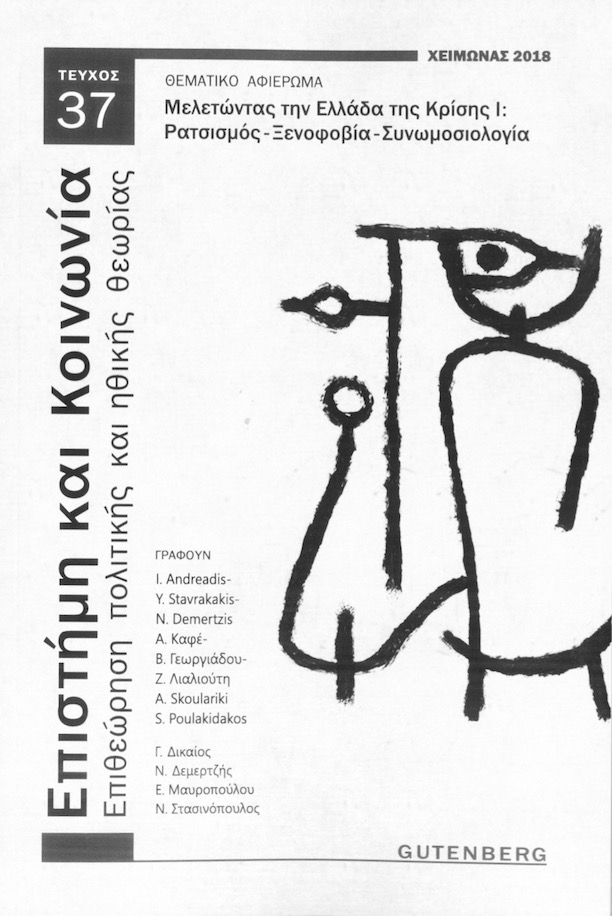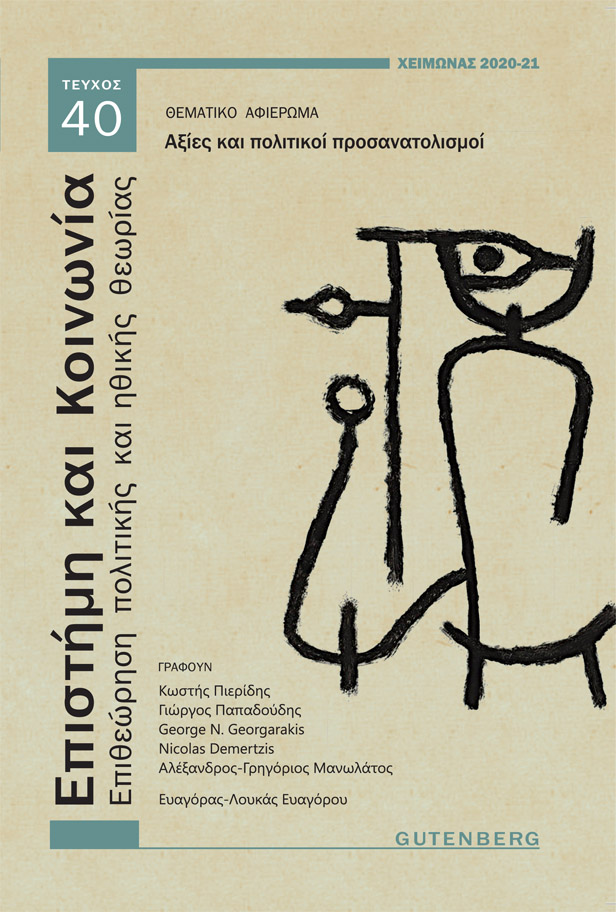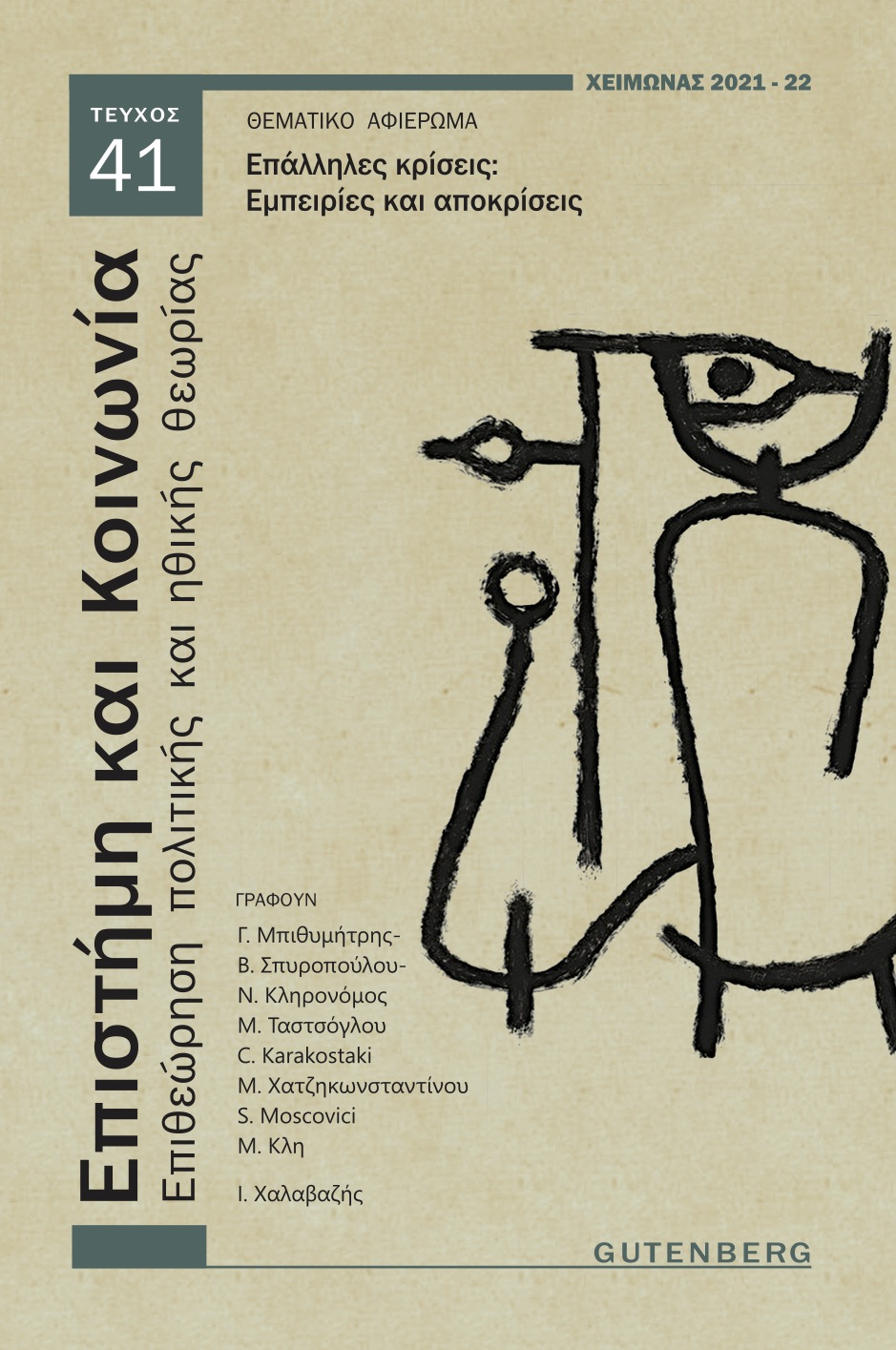Perceptions and attitudes towards fact-checking in Greece A quantitative audience research
Abstract
This article studies the Greek public's perceptions and attitudes towards fact-checking. We conducted quantitative audience research with a nationwide convenience sample of 1370 people (aged 17+) using an online questionnaire during the period 26/11/2021 to 26/05/2022. As evident from our own research, parts of the (digital) audience seem to “respond” in a positive way to fact-checking organizations. In terms of the most important findings, the variable that shows positive effect on the likelihood of “knowing about fact-checking and news organizations” is “interest in politics”. If there is an interest in politics the probability knowing fact checking organizations increases significantly. We also found that it is not the quantity of news media consumption that matters but the longer internet use history: the more experienced internet users are the more likely it is to be cognizant of fact-checking organizations. Among personality traits, “openness” shows a positive and statistically significant effect regarding the awareness of fact-checking organizations.
Article Details
- How to Cite
-
Poulakidakos, S., Demertzis, N., & Linardis, A. (2024). Perceptions and attitudes towards fact-checking in Greece: A quantitative audience research. Science and Society: Journal of Political and Moral Theory, 43, 34–68. Retrieved from https://ejournals.epublishing.ekt.gr/index.php/sas/article/view/34102
- Section
- Articles

This work is licensed under a Creative Commons Attribution-NonCommercial-ShareAlike 4.0 International License.
Authors who publish with this journal agree to the following terms:- Authors retain copyright and grant the journal right of first publication with the work simultaneously licensed under a Creative Commons Attribution-NonCommercial-ShareAlike License that allows others to share the work, not for commercial purposes, with an acknowledgement of the work's authorship and initial publication in this journal. If you remix, transform, or build upon the material, you must distribute your contributions under the same license as the original.
- Authors are able to enter into separate, additional contractual arrangements for the non-exclusive distribution of the journal's published version of the work (e.g., post it to an institutional repository or publish it in a book), with an acknowledgement of its initial publication in this journal.
- Authors are permitted and encouraged to post their work online (e.g., in institutional repositories or on their website) prior to and during the submission process, as it can lead to productive exchanges, as well as earlier and greater citation of published work (See The Effect of Open Access).

